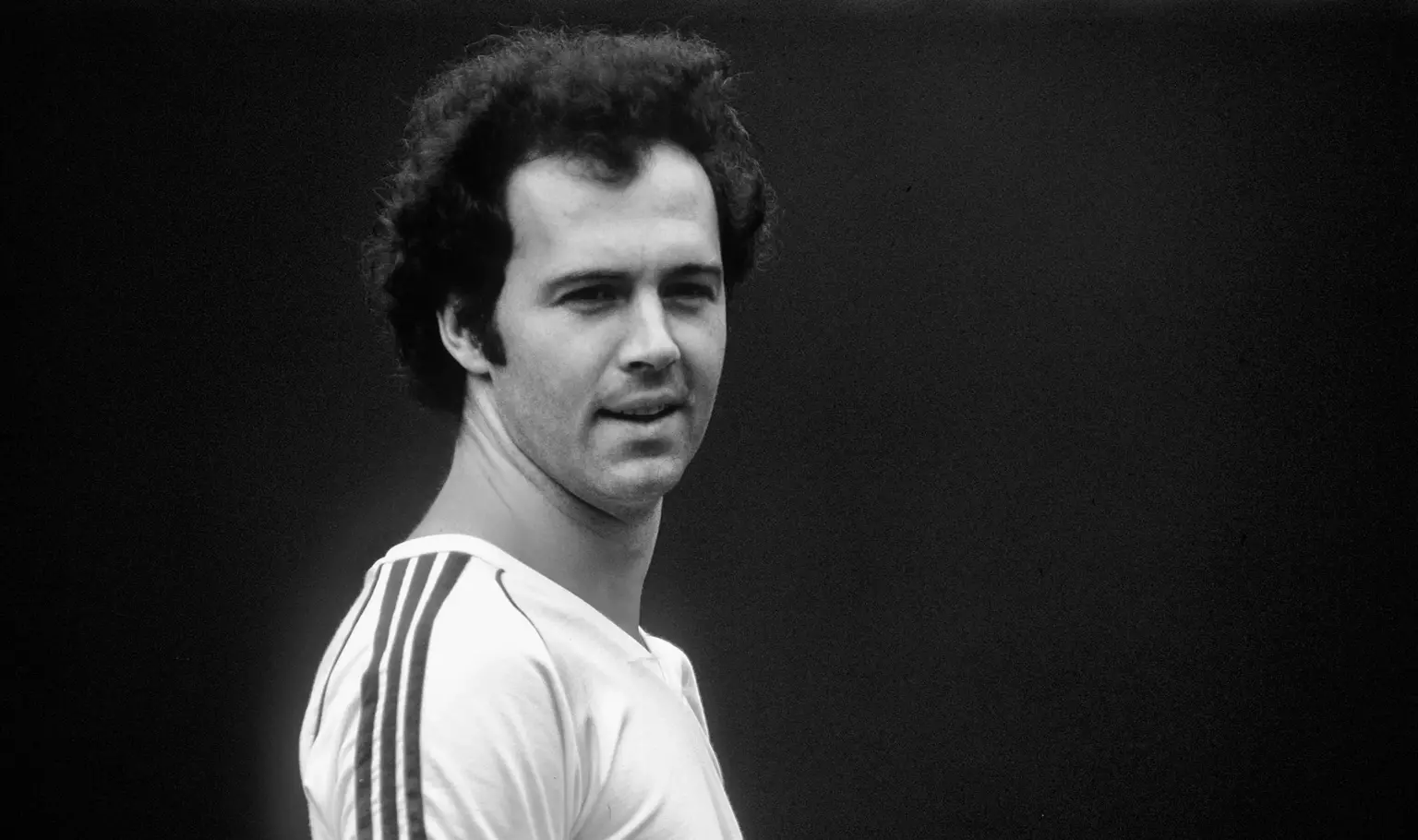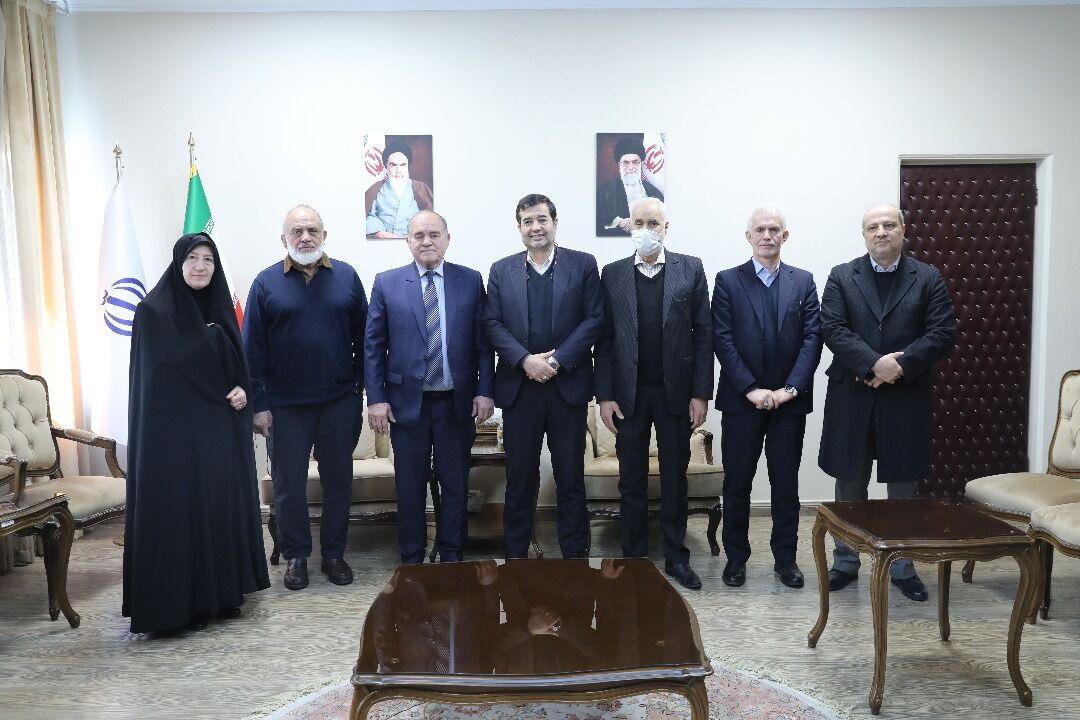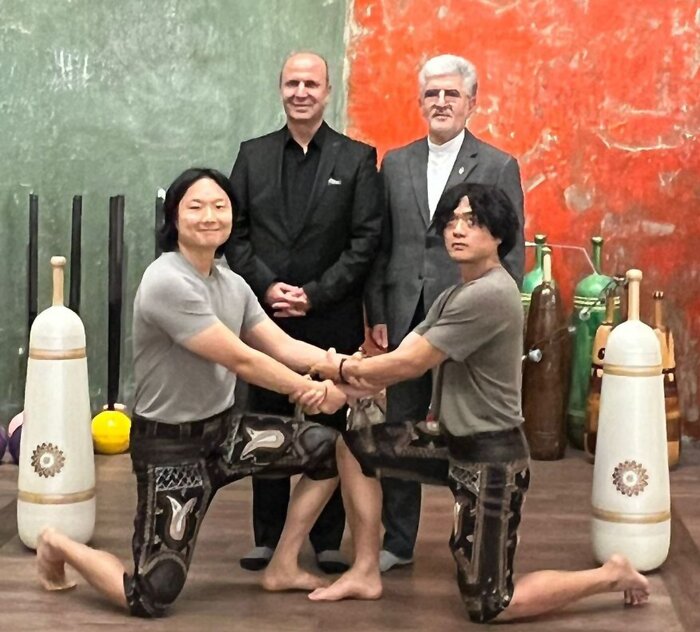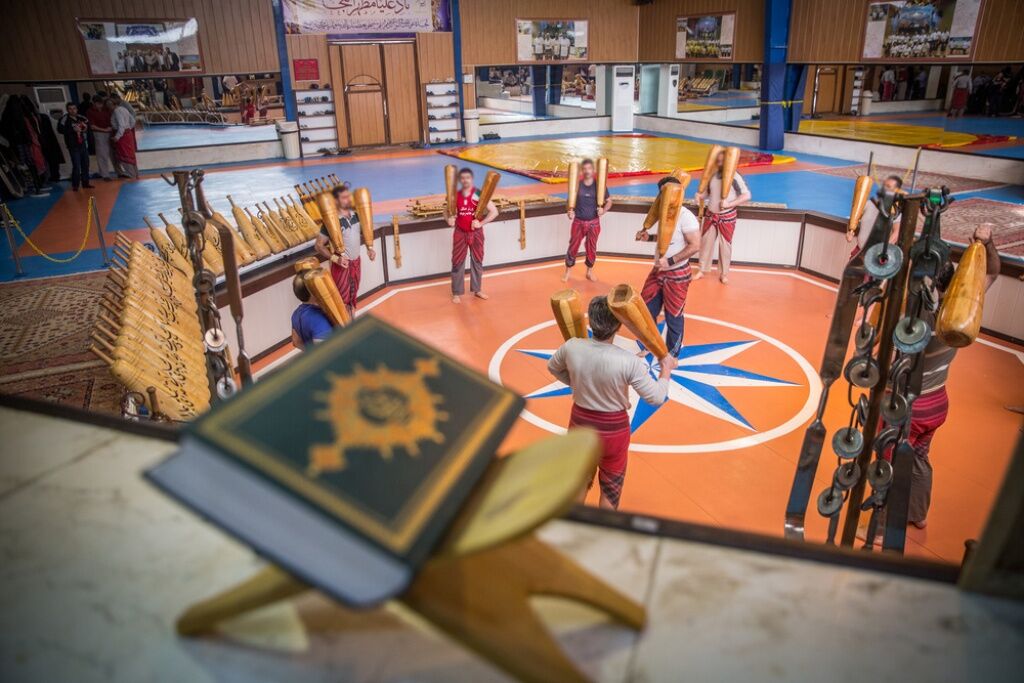One of the finest players in football history, Franz Beckenbauer’s remarkable achievements in the beautiful game will ensure his legend lives forever.
The Germany icon – nicknamed Der Kaiser for his grace and effortlessness on the ball – won the FIFA World Cup™ as a player and a coach, as well as a raft of other domestic and international titles.
With the passing of a true football great, FIFA reflects on his incredible journey.
Formative years and a stellar club career
Franz Beckenbauer was born on 11 September 1945 in Munich. His talent and ambition saw him stand out from an early age, and after playing his first organised football for SC 1906 Munich, he joined Bayern Munich in 1959. He made his first-team debut there at the age of 18 and marked the occasion with a goal. At the time, he had the likes of Sepp Maier and Gerd Muller as team-mates, and together they would go on to write countless successful chapters in the history of the club.
Over the years, Beckenbauer won an array of domestic and international honours with the Bavarian club, including four German league titles and four DFB Cup wins. He also lifted the European Cup on three occasions, the European Cup Winners’ Cup and the Intercontinental Cup (a tournament which would eventually become today’s FIFA Club World Cup™).
In 1977, Beckenbauer moved to the USA to join New York Cosmos. He played alongside Brazilian legend Pele, with whom he would enjoy a decades-long friendship during and after his playing days. Together, this legendary pairing won three North American Soccer League (NASL) championships.
After spending four years in New York, returned to the Bundesliga in 1980, joining SV Hamburg, with whom he picked up his fifth league-winner’s medal in 1982. He made a total of 424 appearances in Germany’s top-flight, scoring 44 goals. After a final season at New York Cosmos, Der Kaiser hung up his boots in 1983.
International success
Of course, it was not just on the domestic front that Beckenbauer would fill his trophy cabinet. He worked his way up through the various age groups for Germany and then made his full international debut under Helmut Schon as a 20-year-old. At the World Cup in 1966, Beckenbauer and Co made it through to the final against England. The team went down 4-2, with the host nation’s third goal at Wembley being one of the most controversial in history. Der Kaiser was voted as best young player of the tournament.
Four years later, Germany made it to the semi-finals, where they lost to Italy in what has become known as the “match of the century”. Beckenbauer was given the captain’s armband for the 1972 European Championship, and it was he who held the trophy aloft after the 3-0 win over the Soviet Union in the final – his first title in a Germany shirt.
Then, in 1974, Der Kaiser ticked the last box on his international CV courtesy of a World Cup win on home soil. With Schon at the helm and Beckenbauer again captain, Germany defeated the Netherlands 2-1 in the final thanks to goals from Paul Breitner and Gerd Muller, in the process winning football’s greatest prize for the second time after their maiden triumph in 1954.
At EURO 1976, Germany and Beckenbauer once again made it to the final, which also coincided with the then 30-year-old’s 100th cap for his country. It could have been a night to remember for so many reasons, but this time Germany went down to Czechoslovakia in a penalty shootout.
Beckenbauer made his final senior appearance for his country 1977, ending his international career with 103 caps.
Trophy-laden coaching spell
At the 1984 European Championship, Germany crashed out of a tournament at the group stage for the first time in their history. This low point would signal the beginning of the coaching career of Beckenbauer, with the then 38-year-old taking over the reins.
The team headed to the 1986 World Cup with little in the way of expectations after their disappointing EURO outing two years earlier, but under Beckenbauer they made it all the way to the final, losing 3-2 to Argentina.
EURO 1988 on home soil saw Germany fall in the semi-final against the Netherlands, but two years later, Beckenbauer would get his hands back on a familiar piece of silverware. At the FIFA World Cup in 1990, a Germany team featuring likes of Lothar Matthaus and Jurgen Klinsmann, impressed from the outset and this time emerged victorious in the final against Argentina, courtesy of Andreas Brehme’s penalty. It was a third star to put on Germany’s jersey, and the second where Der Kaiser had played a significant role.
The images of Beckenbauer wandering around the pitch alone, deep in his own thoughts while the team celebrated with the fans, became famous all around the world. Beckenbauer had become just the second person after Mario Zagallo (who passed away just two days before Beckenbauer’s death) to win the World Cup as both a player and a coach.
Beckenbauer then coached Olympique Marseille before returning home to Bayern Munich, where he won the Bundesliga in 1994 as interim coach. He had a final stint on the bench in 1996 and steered the club to victory over Bordeaux in the final of the UEFA Cup.
- نویسنده : محمدمهدی اسماعیلی رها





























Saturday, 31 January , 2026